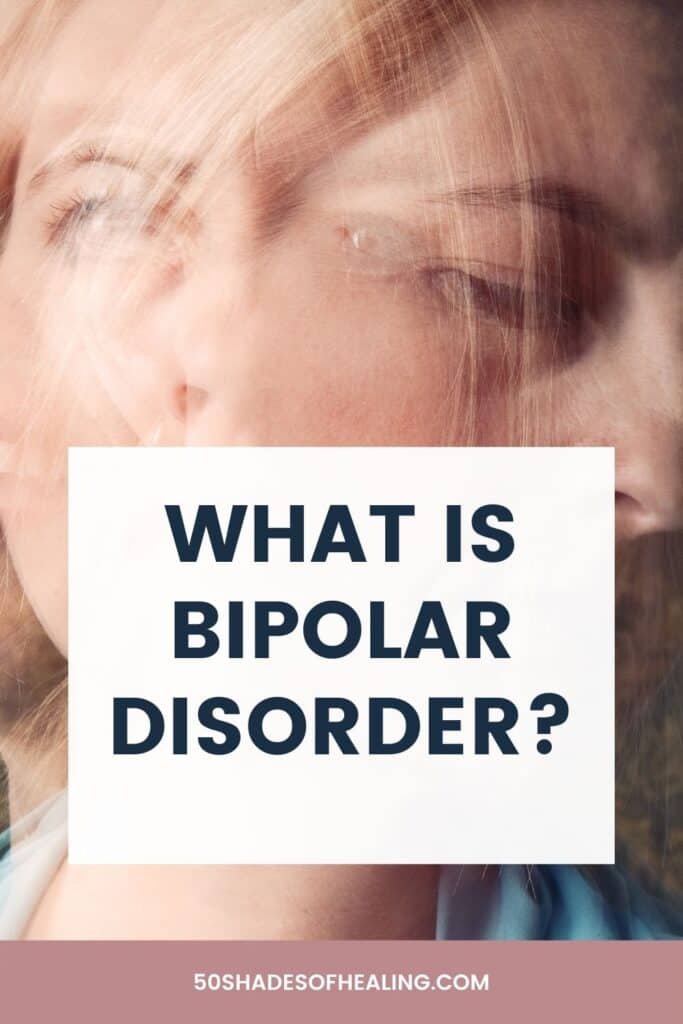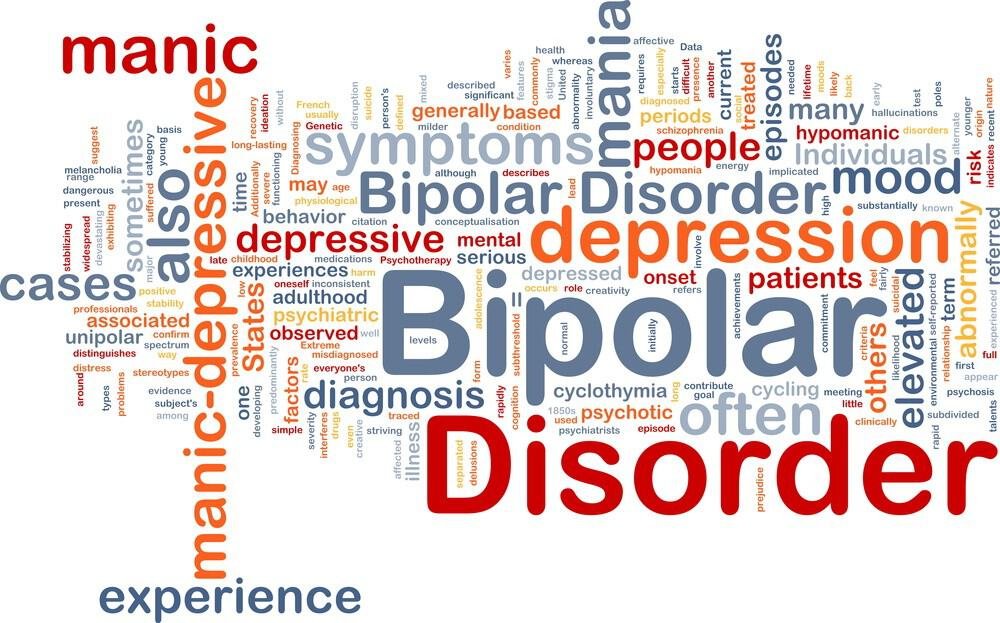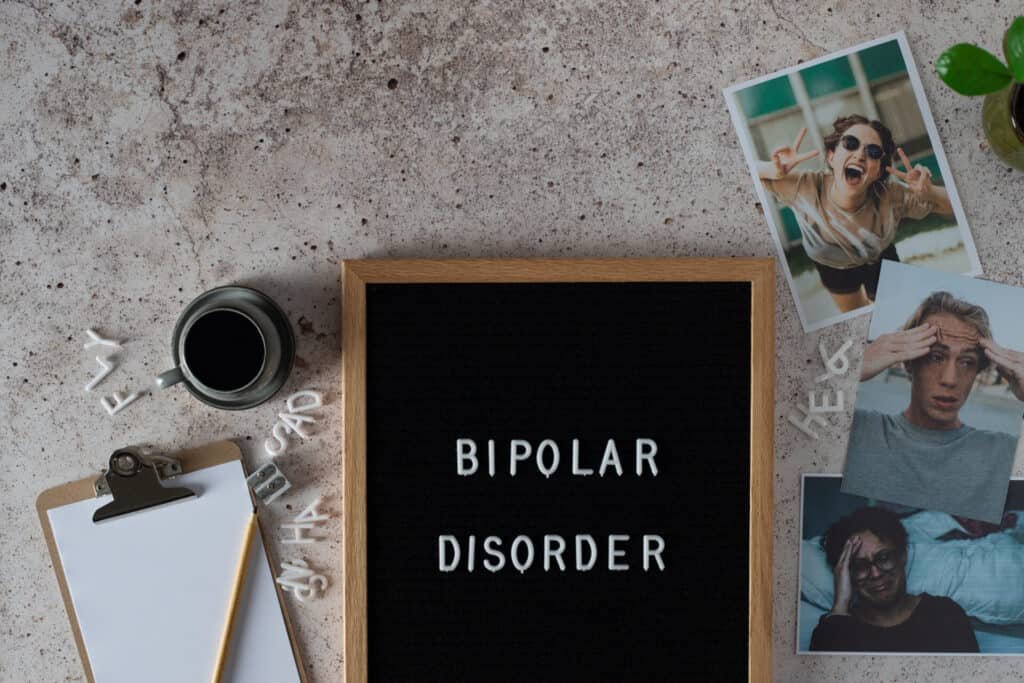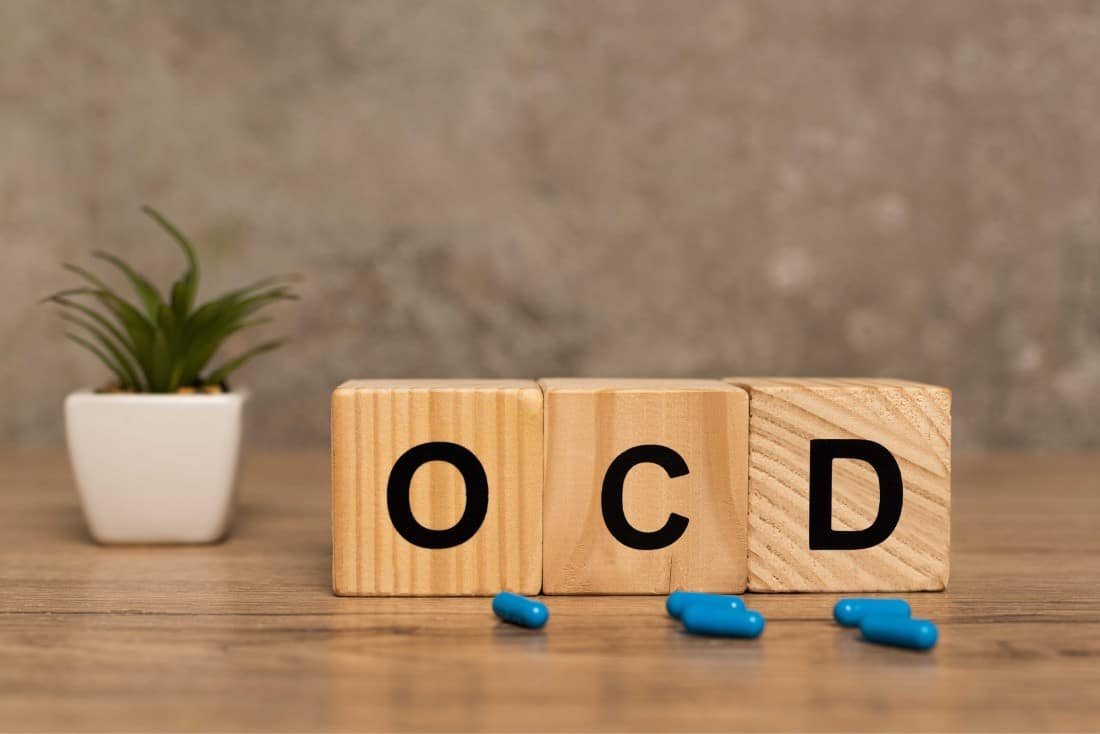What Is Bipolar Disorder? How Do I Know If I Have It?
Bipolar disorder can be a difficult condition to diagnose and understand. It can present in many different ways, and its symptoms can be mistaken for other mental health conditions.

But if you’re wondering if you might have bipolar disorder, there are a few things you can look out for.
This post will help explain what bipolar disorder is, and give you some tips on how to determine if it’s something you might be struggling with.
So if you’re curious about this often misunderstood condition, read on!
This pandemic has caused many changes that affected all aspects of our lives. Changes in social interactions, working conditions, and living conditions have made us feel more isolated now than ever.
Mental health issues have become so common among younger generations that suicide rates have become a prevailing problem today.
Among the most common mental health disorders increasing in incidence today include depression, anxiety, and bipolar disorder.
Bipolar disorder is a psychological disorder that affects a person’s mood, energy, and daily function.
They experience intense and erratic emotional states or mood episodes that could cripple a person’s ability to function normally.
When compared to a normal person, the mood swings occur for a few minutes or hours but do not change a person’s behavior to an extreme degree, while for moods episodes of a person with this mental illness entails a behavior change, affecting his ability to socialize and interact with others.
The average age of onset of bipolar disorder is 25 years old. It is more common in women than in men.
Family members of individuals with this disorder have a higher risk of developing this psychological disorder.
Moreover, people with other co-existing mental health issues, or under a lot of stress, have a history of abuse or psychological trauma, or with a history of substance abuse are more predisposed to having this psychological disorder.

Types of Bipolar Disorder
There are three types of bipolar disorder, which involve erratic mood swings, changes in mood, and activity level.
- Bipolar I Disorder – is defined by severe manic mood episodes that lasts at least 7 days. This type usually requires hospitalization, as patients with this type of bipolar disorder have a higher incidence of suicide. Depressive episodes also occur, lasting for at least 2 weeks.
The patients are described to be extremely high-spirited or elated, or irritable.
They feel a decreased need to sleep, talk very fast due to uncontrollable and racing thoughts and ideas, change topics frequently, are easily distracted, restless, and exhibit risky and impulsive behavior.
There is a psychosis feature in this type as persons under this category commonly experience hallucinations, disorganized thinking, and false beliefs or delusions.
- Bipolar II Disorder – is defined by a pattern of depressive and hypomanic episodes, less severe than type I.
- Cyclothymic Disorder – is a milder form of bipolar disorder, occurring for at least 2 years, with many periods of hypomanic and depressive episodes.
Symptoms of Bipolar Disorder
Symptoms of bipolar disorder are characterized by extreme changes in mood, energy, and function. These mood episodes usually last a few weeks to months.
For depressive episodes, the following are expected:
- Intense feelings of sadness, hopelessness, and worthlessness
- Extremely irritable most of the time
- lacks energy
- memory problems such as lack of focus, problems in concentrating and remembering things
- loss of interest in doing mundane activities
- feelings of guilt and despair
- extremely pessimistic
- self-doubt
- often delusional and illogical, having hallucinations
- lack of appetite
- trouble sleeping
- suicidal tendencies
For the manic phase of bipolar disorder, the following are expected:
- extremely happy, elated, or overjoyed
- talks very fast
- always full of energy
- often delusional, feeling self-important and powerful
- always full of new ideas and other ambitious plans
- easily distracted
- easily irritated or agitated
- does not see the need for sleeping or eating
- impulsive and reckless in spending and decision-making
- has no sense of danger
The mood episodes in bipolar disorder can go on without normal episodes in between.
Depressive episodes can also occur more regularly than manic episodes.
Rapid cycling happens when depressive and manic mood episodes shift alternately without normal episodes in between.
Meanwhile, a mixed state consists of alternate mood episodes with normal mood episodes in between.

Diagnosis and Treatment of Bipolar Disorder
Diagnosis for bipolar disorder needs full psychiatric evaluation and medical and family history.
Moreover, treatment for this mental illness includes medications such as mood stabilizers and antidepressants.
Antipsychotics are usually given to patients with persistent hallucinations and other symptoms of psychosis.
This treatment option works best with psychotherapy.
There are three types of psychotherapy:
- Cognitive-behavioral therapy – this type of psychotherapy teaches people how to counteract negative thoughts. Behavioral strategies are used to cope with mood episodes.
- Interpersonal and social rhythm therapy – maintaining daily routines and consistent sleep schedules is the goal of this type of therapy. This helps resolve conflicts and interpersonal issues.
- Family-focused treatment – family members work together to manage the bipolar disorder of the patient.
Lastly, lifestyle modifications can also lessen depression and manic symptoms significantly.

How Do I Know I Have It: Warning Signs of Bipolar Disorder
How do you know if you have bipolar disorder? Here are some warning signs that you can watch out for:
1. Unusually upbeat, outgoing, or irritable mood – patients may feel euphoric, talk nonstop, or irritable. They can appear agitated and can easily be triggered. This happens abruptly, radically different from the normal mood state of the person.
2. Racing thoughts and speed-talking – patients are easily distracted, talk quickly, and jump from one idea to another.
3. Boundless energy – they are extremely energetic, often seen rushing around and taking on tasks more than they can handle. Tasks and projects are usually unfinished before jumping to another project.
4. Impulsive and self-destructive behavior – they indulge in spending sprees, reckless investments, and vulgar affairs.
5. Decreased need for sleep – patients with bipolar disorder generally do not see sleep as a necessity. The difference with people with insomnia is that people with insomnia feel exhausted the following day, while people with bipolar disorder are still energetic even with a few hours of sleep.
6. Inflated sense of self-worth -patients are considered delusional, with an exaggerated sense of power or knowledge, or seeing themselves as someone very important
7. Sad, empty, or hopeless mood – this mood or feeling is relentless, to the point of making them lose all interest in anything pleasurable in life.
8. No or low energy and always feeling fatigued – in contrast to manic episodes, the patient can also feel like he cannot do even the simplest task such as getting up or taking a shower, as these tasks seem impossible and excessively tiring to do. They cannot perform in school or at work.
9. Lack of focus or difficulty concentrating – simple mental functions such as remembering things and decision-making are compromised. They have a hard time concentrating or focusing.
10. Suicidal tendencies – patients tend to dwell on past mistakes, making them lose hope and see themselves as not worthy of being loved. This is an emergency red flag that needs immediate intervention.

Coping with Bipolar Disorder
There are many coping strategies that a person can do to manage his bipolar disorder.
Stay active
Being physically active makes your bodies release happy brain chemicals into the body. These brain chemicals make you feel euphoric and can relieve stress. They are also released when you listen to music, dance, exercise, have sex, or when laughing.
Eat well and get enough sleep
Staying physically fit by eating well and getting adequate hours of sleep is a great way to keep feeling good about ourselves. When we feel good, our mental health improves significantly.
Have periodic medical check-ups
Being updated on your health status is a great way of keeping healthy. This can monitor for any indicators of illness and other comorbidities.
Join a support group
Your support group can help you in many ways. You can share your experiences and emotions with people who can truly understand your condition. They can advise you well as they know first-hand what you are going through.
Avoid drugs and alcohol
Being intoxicated or stoned can only trigger mania or depression even more. This can also make you do reckless things, and can also interfere with medications that you are taking.
Subscribe to My Email! Self-care is so important, but it can be hard to know where to start. That’s why I created a self-care journal, to help you make small, everyday changes that will have a big impact on your life. And when you subscribe to my email list, you’ll get the journal for free! Plus, you’ll receive great emails packed with wonderful information and free printables. You won’t want to miss out on this valuable content. Click this button and sign up now!
Keep a life chart
You can track your sleep pattern and time, diet, medications, symptoms, triggers, and activity schedule through this life chart. You can also put up some positive affirmations that can help you cope with stress, anxiety, and depression.
Keep a journal
This will help you clear your thoughts from all the worries, fears, and doubts that bother you. You can do a lot of things with a journal. From prioritizing your problems, analyzing and organizing, to planning and decision-making.
Meditate
Meditation has been proven to help reduce stress, anxiety, and depression, as well as increase mindfulness.
If you’re experiencing any of the symptoms we’ve talked about in this post, it’s important to reach out for help. Bipolar disorder can be a debilitating condition, but it’s treatable.
There are many resources available to you, and with the right support, you can manage your bipolar disorder and live a happy, healthy life. Thanks for reading!






